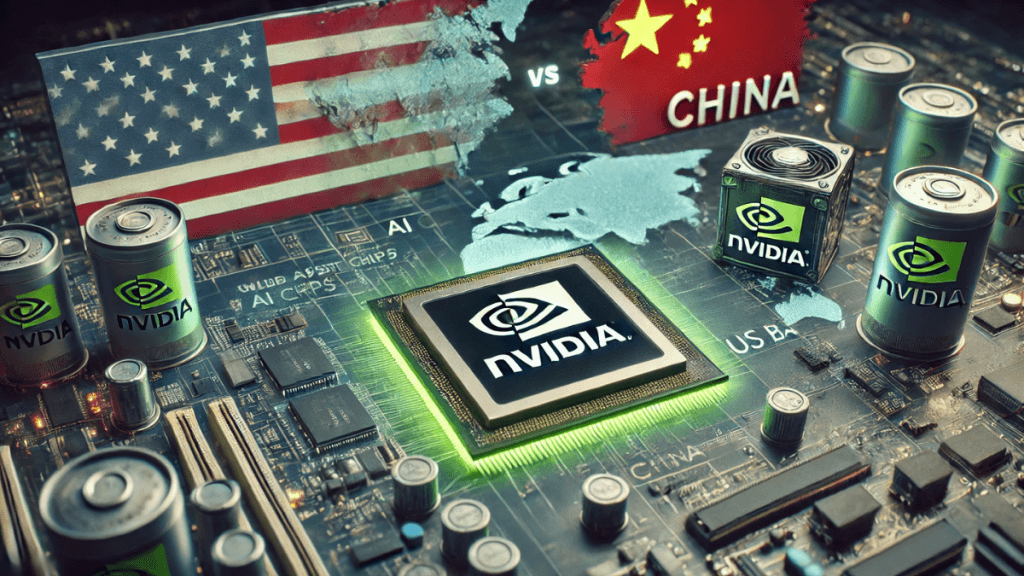Foxconn and Nvidia to Open Taiwan's Largest GPU Cluster Next Year
Foxconn said a $1.4 billion supercomputing facility built with Nvidia will be ready in the first half of 2026, and will become Taiwan's largest GPU cluster when completed. The project aims to serve local and regional cloud and enterprise demand for accelerated compute, reflecting a wider surge in Asian investment in AI infrastructure.

Foxconn said on Friday that a $1.4 billion supercomputing facility it is building with Nvidia will be completed in the first half of 2026 and will become Taiwan's largest GPU cluster when finished. The announcement, reported by Reuters, frames the project as a response to growing demand across Asia for hardware capable of training and running advanced artificial intelligence models.
The facility is being positioned to support a broad range of AI workloads, including large model training and inference, and to provide accelerated compute services to cloud providers and enterprise customers in Taiwan and neighboring markets. Foxconn and Nvidia are combining Foxconn's capacity as a major contract manufacturer with Nvidia's leadership in graphics processing units, which have become the workhorse chips for modern AI systems.
Industry analysts and corporate strategists view the partnership as part of a broader pattern of deals linking chip makers with contract manufacturers to expand GPU capacity. Across Asia, governments and private sector players have stepped up investments in data centers and specialized compute farms, seeking to keep more of the AI development lifecycle close to home and to serve fast growing local demand for generative AI services and enterprise automation.
For Taiwan, the project carries economic and strategic implications. A domestic supercomputing cluster of this scale could shorten development cycles for regional startups and enterprises that need large amounts of compute but previously relied on overseas data centers. It could also bolster Taiwan's role in the AI supply chain beyond chip fabrication, leveraging its expertise in electronics assembly and systems integration.
The buildout also raises operational and policy questions that accompany large AI infrastructure projects. GPU heavy systems demand sizable power and cooling capacity, prompting scrutiny from utilities and regulators about grid readiness and environmental impact. Local planners will need to manage electricity sourcing, thermal management and land use, while balancing economic benefits against the cost of the facility on public resources.
Data governance and security are additional considerations. The concentration of powerful compute resources can accelerate innovation, but it also increases the stakes of how data is stored, processed and protected. Enterprises and cloud providers that plan to use the cluster will face decisions about data residency, compliance with regional privacy laws and safeguards against misuse.
The Foxconn Nvidia project underscores accelerating competition in the Asian AI infrastructure market, with governments and private companies racing to establish regional centers of compute excellence. By promising a large, locally based GPU cluster by the first half of 2026, Foxconn and Nvidia aim to capture part of that opportunity, offering a new onshore option for model developers and enterprises seeking high performance compute close to their markets.
As construction proceeds, industry observers will watch for details about capacity, energy sourcing and which cloud and enterprise customers will anchor the facility. Those factors will determine how effectively the cluster can meet demand and whether it reshapes the regional landscape for AI research and commercial deployment.


